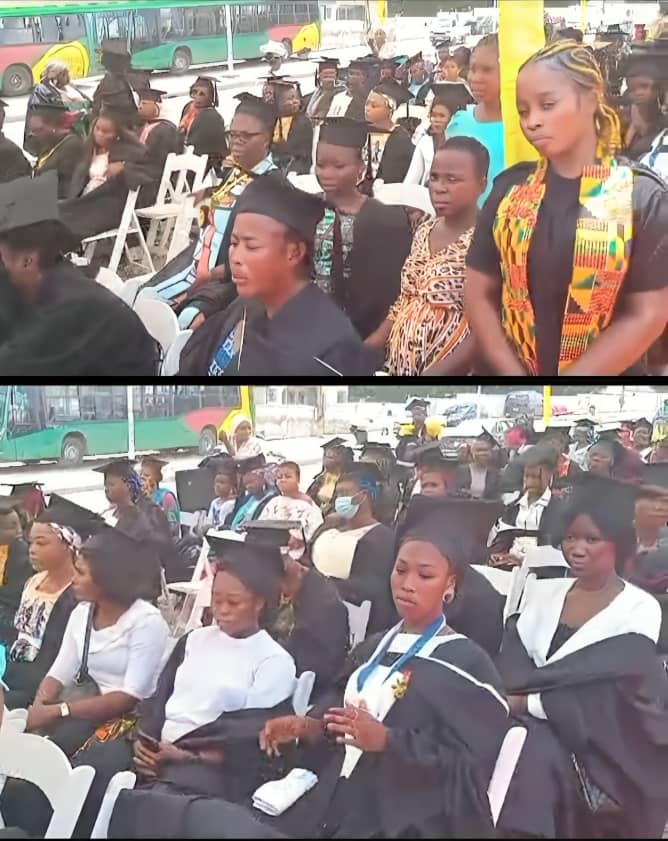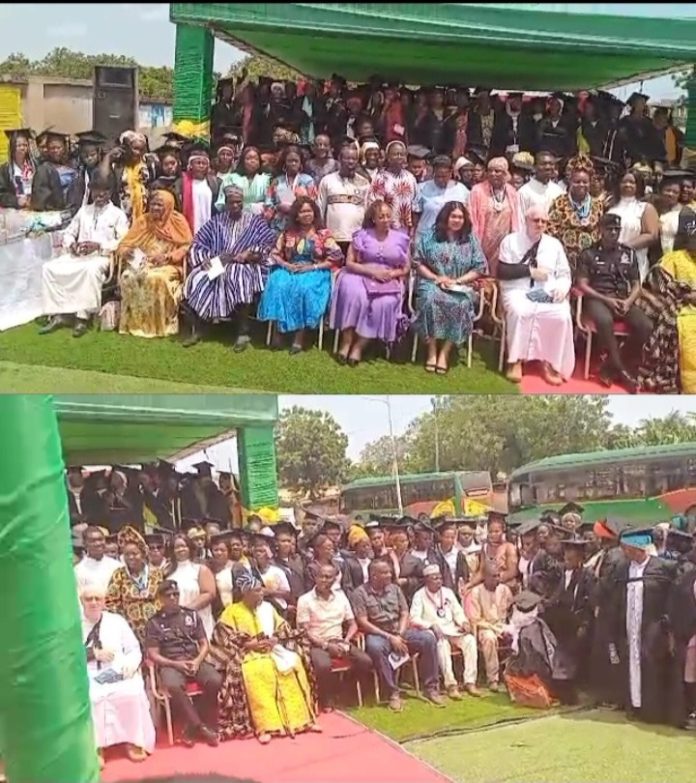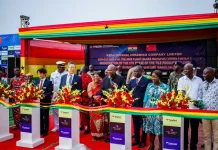The ongoing Kayayei Empowerment Program, led by Vice President Dr. Mahamudu Bawumia in partnership with the National Entrepreneurship and Innovation Programme (NEIP), is garnering praise as the fifth cohort of trainees passed out successfully on Tuesday 15th October and celebrated their graduation.
The initiative, in collaboration with the Youth Employment Agency (YEA) and the Ghana Enterprise Agency (GEA), seeks to uplift the Kayayei—young women who work as head porters in urban markets—by equipping them with vocational skills aimed at improving their economic opportunities and livelihoods.
The program’s objective is to provide 5,000 Kayayei with technical and vocational training between May and November 2024, with 600 women participating in each monthly cohort.
The training covers various trades such as soap making, baking, beading, makeup artistry, pedicures, and manicures, helping participants gain practical skills for future employment or entrepreneurship.
At a ceremony held in Madina, Accra, the graduation of the 5th cohort marked another achievement for the initiative, which was launched earlier this year by Vice President Bawumia.

Graduates, adorned in academic gowns, were celebrated for their hard work, with some receiving special awards for excellence during the month-long training.
In her remarks at the ceremony, Deputy NEIP CEO Abigail Swad Laryea emphasized the transformative impact of the program.
“This initiative is about empowerment; because we are providing them with the tools they need to lift themselves out of poverty, launch businesses, and improve their lives.”
In addition to vocational training, participants were taught financial management and business development skills, essential for running sustainable ventures.
She highlighted that the program’s structure consists of three weeks of vocational training, followed by a week dedicated to financial literacy, business planning, and life skills.
Vice President Bawumia’s vision for the Kayayei Empowerment Program aligns with the government’s goal of addressing socioeconomic disparities, particularly for marginalized women in the informal economy.
Since its launch, the initiative has helped participants gain self-reliance, improve their dignity, and envision a brighter future.
“This is more than a vocational training program, it’s about restoring dignity and providing long-term solutions. We see women transforming their lives and their communities through the skills they’ve acquired,” she added.
As the program continues, there is growing optimism that its impact will extend well beyond the immediate graduates.
By empowering these women, the initiative is contributing to a broader vision of equality and economic prosperity for all citizens, a vision driven by Dr. Bawumia’s commitment to uplifting vulnerable populations.











































